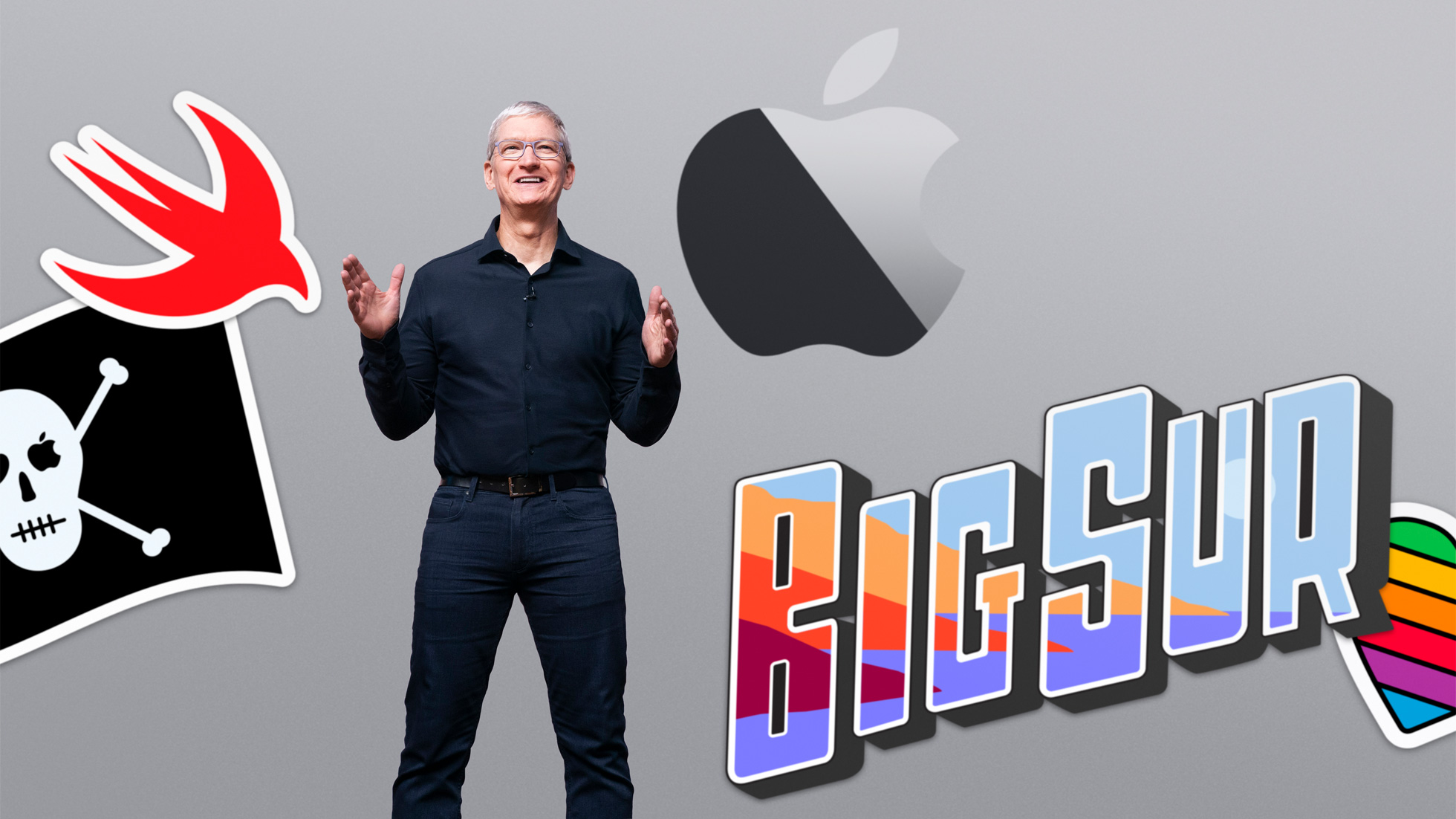
Apple CEO Tim Cook is set to join Amazon CEO Jeff Bezos, Alphabet/Google CEO Sundar Pichai, and Facebook CEO Mark Zuckerberg in an antitrust hearing held by the House Judiciary Antitrust Subcommittee next Monday, but a new report by The Information takes a look at Cook's reluctance to participate in the hearing and how he and Apple have tried to navigate a polarized political environment.

Some two weeks after the other tech CEOs had agreed to participate in the hearing, Cook was still holding out for fear of getting caught up in issues more relevant to those other companies than Apple.
But under the pressure of a potential subpoena from Representative David Cicilline, chairman of the committee and a critic of Apple's App Store policies, Cook ultimately agreed to participate in the hearing.There was a simple reason for his holdout. According to people familiar with his thinking, Cook was firm in his belief that Apple didn't belong with a group of companies increasingly viewed as antitrust malefactors by lawmakers and regulators, including Amazon, Facebook and Google. What’s more, Cook had spent much of the last four years mostly avoiding the kind of toxic political environment that has engulfed the CEOs of those companies over everything from privacy to censorship to treatment of workers.
The report indicates that Cook has spent the better part of a month preparing for the hearing, which may touch on a wide range of subjects from App Store policies to Apple's disputes with the FBI over providing methods for law enforcement to access locked devices to Apple's relationships with China.
The full paywalled report goes into much more detail about how Cook has delicately balanced relationships on both ends of the political spectrum, trying to stay above the fray largely by keeping quiet. That approach has helped Apple maintain stability in turbulent times, winning exemptions from tariffs on many of its products and avoiding much of the scrutiny that has been aimed at other tech companies.
Still, Apple and Cook aren't completely immune to criticism, and it remains to be seen whether next week's hearing will lead to any action on antitrust and other fronts.
Note: Due to the political or social nature of the discussion regarding this topic, the discussion thread is located in our Political News forum. All forum members and site visitors are welcome to read and follow the thread, but posting is limited to forum members with at least 100 posts.
Article Link: Tim Cook's Appearance at Upcoming Antitrust Hearing Highlights Apple's Political Balancing Act

